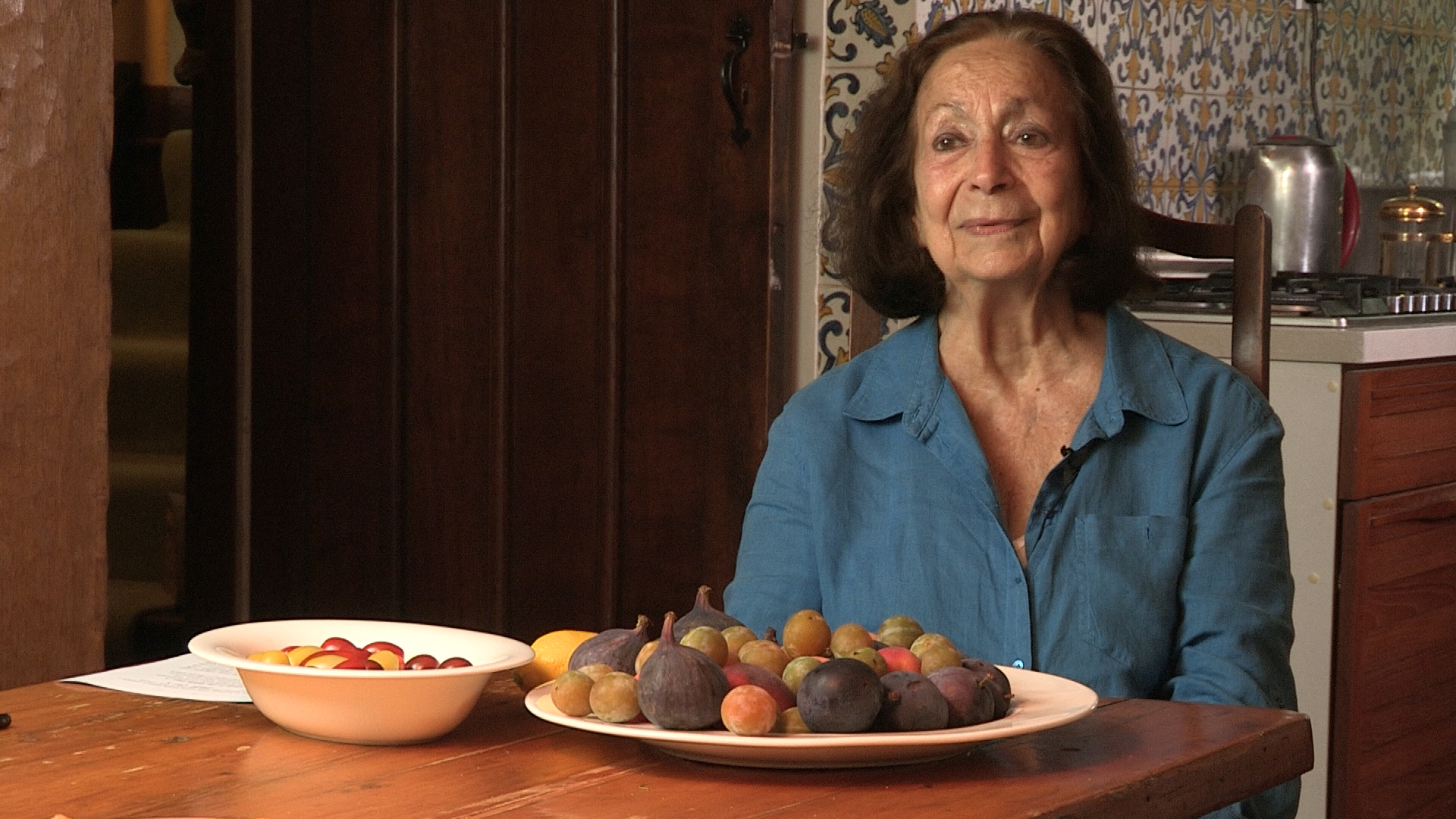NEXT STORY

Regional recipes in Spain
RELATED STORIES

NEXT STORY

Regional recipes in Spain
RELATED STORIES


|
Views | Duration | |
|---|---|---|---|
| 71. Studying the Jewish culture | 1 | 02:48 | |
| 72. Steak and chips for Shabbat | 02:18 | ||
| 73. The Couscous or Gefilte Fish conference | 03:26 | ||
| 74. Mixing dishes from different communities | 1 | 03:10 | |
| 75. My cookbook comes out at the right time | 1 | 02:36 | |
| 76. Jewish food becomes fashionable | 1 | 03:11 | |
| 77. The traditional food of Spain | 04:54 | ||
| 78. Regional recipes in Spain | 00:44 | ||
| 79. Spain felt like home | 1 | 02:27 | |
| 80. The Great Cathedral of Seville | 1 | 02:51 |


But at the same time that this was happening, there was the most incredible interest in re-capturing and revaluing the traditions of Spain. Because after the Spanish Civil War and Francos regime, his way was to eliminate regions. Regional cultures. They had different languages. There was so much diversity. And different cultures. And he wanted to eliminate... and everything had to be centralised. Spain is Spain, and you are part of Spain. And eliminating also the... economically, he had got the supermarkets and industry to make only one type of Spanish cheese to sell. All the artisans had been more or less wiped out. Not really wiped out, because the continued for the people they knew. And for their groups. But it had been a big blow on the regional culture of Spain. And so, the same time as Catalans wanted to regain their language and start teaching Catalan at school and speaking Catalan. At the same time they started wanting to gather their dishes. And they said, 'Why just our language, our dishes are who we are'. And they did start going to villages, to fishermen. And to collect their cuisine and there was an institute, it was the Institut Català de la Cucina. I don't know how to pronounce it, but the Institute of Catalan Cuisine. And they found, I think, 400 recipes that were Catalan. And the woman, who was the director of that, had already become my friend. When I met her over events, like award everts, award ceremonies in Barcelona. Where there was... she was involved in creating an organisation for the Mediterranean called 'Chefs Food For Peace'. And she had invited chefs from all over the Mediterranean who were warring countries. And they were all cooking and that was some years before, but by the time I was researching Spain, she was already a friend. And I stayed with her in Barcelona. And she actually came to stay with me in London.
But every region had the same wish, which was to recognise their actual local dishes. But also, their local produce especially. And they all were rushing to find a denomination of origin for their... even their lentils, or their chickpeas, or their beans. That came from a particular region, they wanted to give them a denomination of origin. But also, for every produce. Even for their capons and their honey and their... just about everything. And so, at the same time, chefs, many chefs that I went to, were saying they were inspired by their regions. By their history. By their parents. By whom they were. But they might do modern food, but it was inspired by their traditions. And that was very, very exciting.
Claudia Roden (b. 1936) is an Egyptian-born British cookbook writer and cultural anthropologist of Sephardi/Mizrahi descent. She is best known as the author of Middle Eastern cookbooks including A Book of Middle Eastern Food, The New Book of Middle Eastern Food and The Book of Jewish Food.
Title: The traditional food of Spain
Listeners: Nelly Wolman
Claudia Roden talking to her granddaughter Nelly Wolman about her life in food.
Tags: Spain, Catalan, Institut Català de la Cucina
Duration: 4 minutes, 54 seconds
Date story recorded: September 2022
Date story went live: 04 December 2023